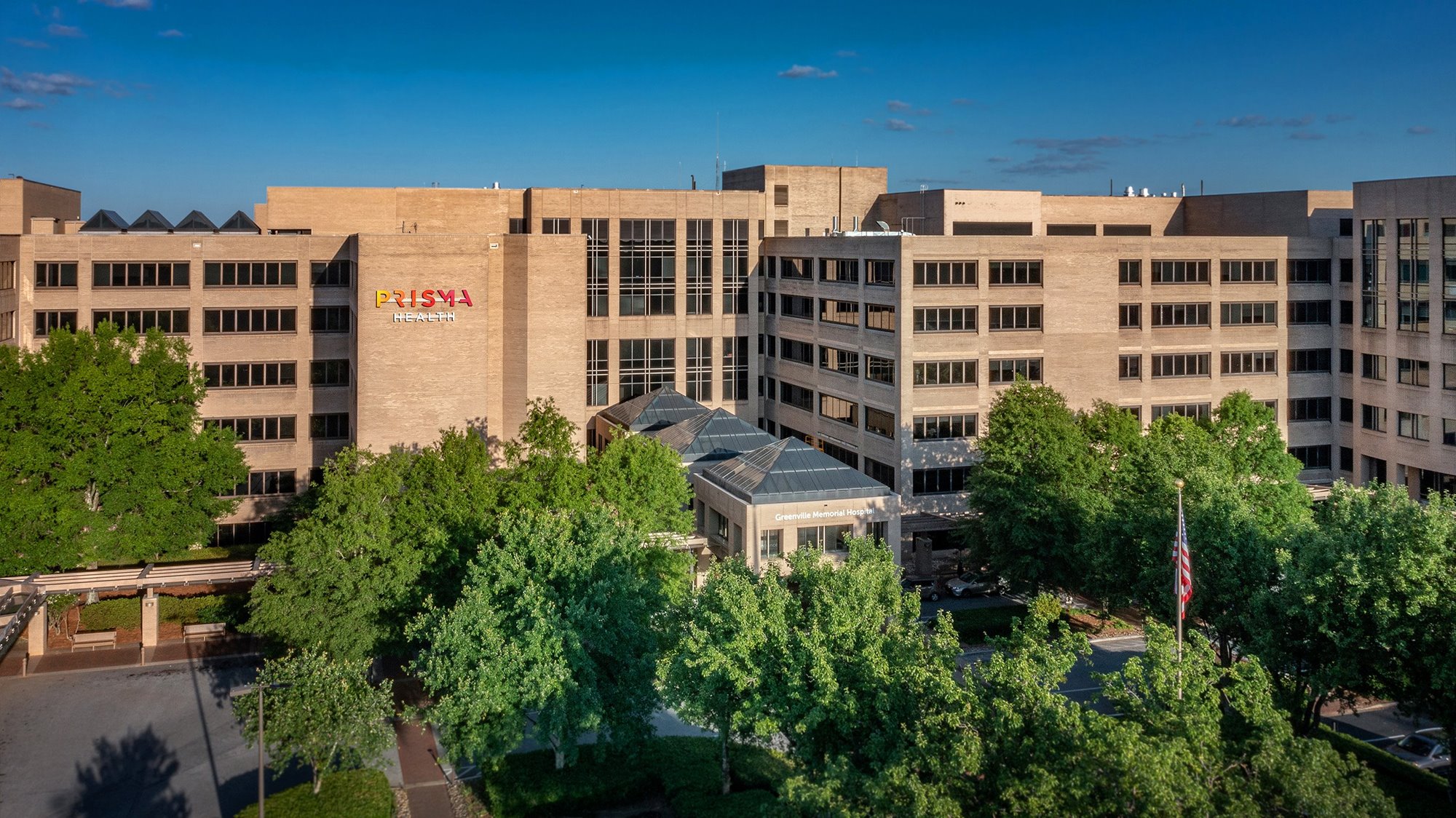With hospitals facing severe workforce shortages, modernizing licensing laws can ensure South Carolinians get the care they need.
Meet Elena: A Nurse Ready to Serve—But Stuck on the Sidelines
Elena always knew she wanted to be a nurse. Growing up in South Carolina, she watched her mother struggle with chronic illness, often traveling hours to see a specialist because their small town had too few healthcare providers.
Determined to help families like hers, Elena earned a nursing degree, passed her exams, and secured a job offer from a local hospital. But then, she hit a wall she never saw coming—South Carolina law wouldn’t allow her to get a nursing license because of her immigration status.
Even though she has valid federal work authorization and pays taxes, South Carolina’s outdated licensing laws prevent her from stepping into the workforce—even in a state that desperately needs more healthcare professionals.
Elena isn’t alone. Across South Carolina, hospitals, clinics, and nursing homes are struggling to fill positions. And yet, legally authorized, highly trained workers like Elena are being shut out of the jobs they’re qualified for.
H.3211 is a practical, business-friendly solution that would allow nurses, medical assistants, therapists, and other healthcare professionals with valid work authorization to obtain licensure and help fill critical gaps in the healthcare system.

A Growing Crisis: South Carolina’s Healthcare Shortage
South Carolina’s healthcare workforce is stretched thin, with too few providers to meet patient demand—especially in rural areas.
The Reality of SC’s Healthcare Shortage:
- 11,860 nurses needed by 2037.1
- 45 of 46 counties lack enough primary care providers.2
- Hospitals are struggling to hire nurses and medical assistants—resulting in longer wait times and reduced access to care.
The problem is especially urgent in rural South Carolina, where a lack of providers means that patients must travel hours for basic medical care, emergency rooms become overcrowded due to doctor shortages, and healthcare costs rise when demand exceeds supply. H.3211 can help alleviate this strain by allowing qualified, work-authorized professionals to step into the high-demand medical jobs that South Carolina so urgently needs to fill.
Why South Carolina Hospitals & Healthcare Leaders Should Support H.3211
Hospitals and healthcare facilities want to hire more professionals—but when licensing barriers limit the talent pool, everyone suffers. Here’s why SC’s medical community should support H.3211:
- Filling healthcare positions faster – Reducing hospital staffing shortages.
- Reducing provider burnout – A larger workforce means lighter patient loads for doctors and nurses.
- Expanding access to care – Especially in rural and underserved areas.
Other states have already modernized their licensing laws, ensuring that healthcare professionals with work authorization can contribute to their communities. It’s time for South Carolina to do the same.
What Happens If We Don’t Act?
If H.3211 doesn’t pass, the consequences will be felt across South Carolina. Hospitals will remain short-staffed, leading to longer ER wait times and limited patient care. Clinics in rural areas may close or limit services due to staffing shortages. Patients will have fewer choices for medical care, and healthcare costs could rise.
Meanwhile, qualified, legally authorized healthcare workers will remain sidelined, unable to help the communities they grew up in.


